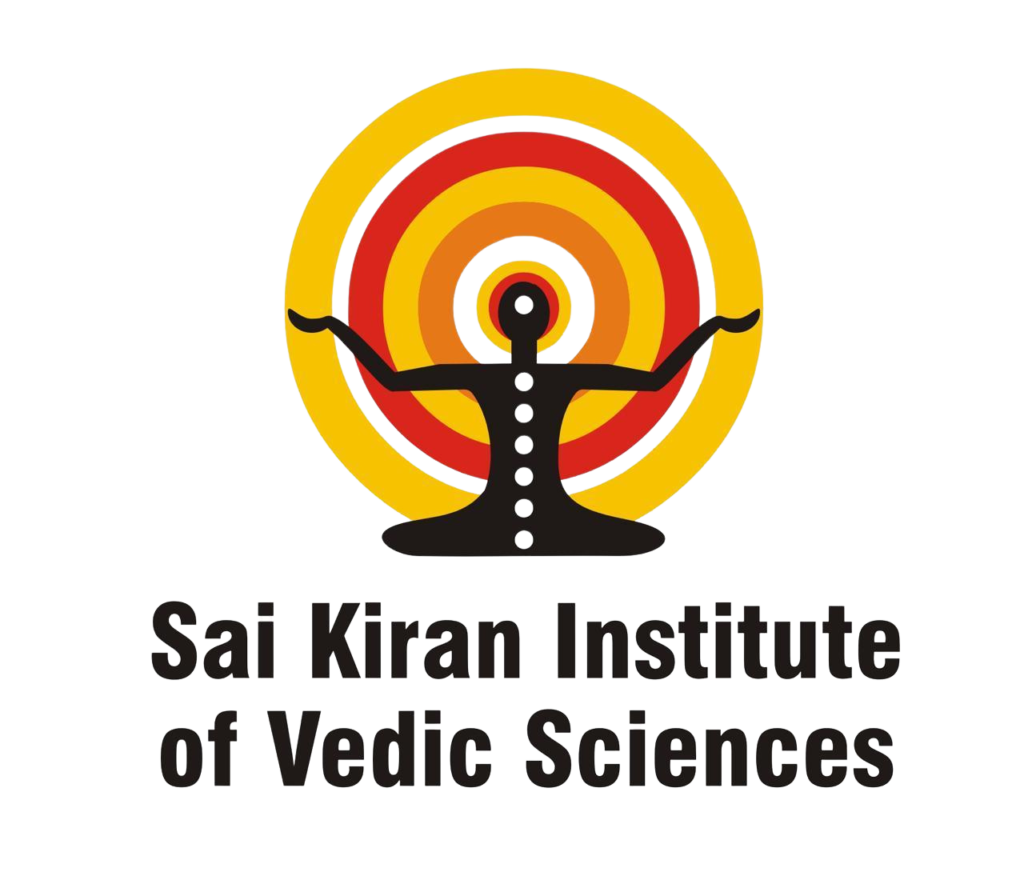Popular Vrat Dates, Time, Puja Vidhi & Significance
Fasting holds great spiritual, physical, and cultural significance in India, and it has been practiced for centuries as a way to honor and connect with the divine. Whether it is part of the rituals for specific festivals or personal spiritual practices, fasting plays a central role in the religious and cultural fabric of Indian society.
Importance of Fasting
Fasting is the act of voluntarily refraining from food and sometimes water for a specific purpose or to express devotion. In Hindu culture, fasting is considered a form of self-discipline, a way to purify the body and mind, and a method to attain spiritual growth. By abstaining from food, individuals can cleanse their system, gain positive energy, and connect more deeply with their inner self. It is believed that fasting helps one achieve good health by eliminating toxins from the body and promotes mental and emotional well-being.
The act of fasting not only has religious significance but also has scientific backing, as it has been shown to have health benefits like detoxification and mental clarity. From a spiritual perspective, fasting brings a person closer to their true self, and its impact is not just physical but deeply spiritual, purifying the soul and mind.
Ekadashi Vrat (Fasting) Significance
Ekadashi, a day dedicated to Lord Vishnu, is considered one of the most important fasts in the Hindu tradition. Observing Ekadashi helps in overcoming difficulties, achieving spiritual merit, and attaining peace of mind. According to the sacred texts, fasting on Ekadashi brings benefits equivalent to performing a thousand Yagyas (sacred rituals). The fasting rules are strict, including abstaining from certain foods like garlic, onion, lentils, and consuming only fruits or specific items. A person observing the fast must also practice a disciplined lifestyle, including not harming or hurting anyone and focusing on prayers and devotion.
Purnima (Full Moon Day) Impact
Purnima, the full moon day, holds a special place in the Hindu calendar. It is believed that the moon’s influence on water is symbolic of its impact on the human body, which is largely composed of water. The tides in the ocean rise on full moon days due to the moon’s gravitational pull, and similarly, the full moon is said to have a strong effect on the human mind and emotions. This is why people are encouraged to avoid consuming tamasic (heavily spiced or processed) food and to focus on activities that promote spiritual growth and mental peace on Purnima.
Pradosh Vrat (Fasting) Significance
Pradosh Vrat, observed on the 13th day of the lunar month, is dedicated to Lord Shiva. Fasting on Pradosh is believed to cleanse the soul, wash away sins, and help attain Moksha (salvation). The fast brings numerous benefits depending on the day it is observed. For instance, fasting on Monday (Soma Pradosh) brings fulfillment of desires, while fasting on Saturday (Shani Pradosh) is believed to grant long life and blessings for children. Pradosh Vrat offers health benefits, spiritual growth, and the removal of obstacles from one’s life.
Conclusion
Fasting is more than just a religious practice in Hindu culture. It is a holistic approach to well-being that includes spiritual, physical, and emotional aspects. Whether through Ekadashi, Purnima, or Pradosh, fasting allows individuals to cleanse themselves, attain divine blessings, and connect more deeply with their inner self and the divine. Each fast has its own significance, but the common goal is to purify, discipline, and elevate oneself to a higher spiritual plane.


